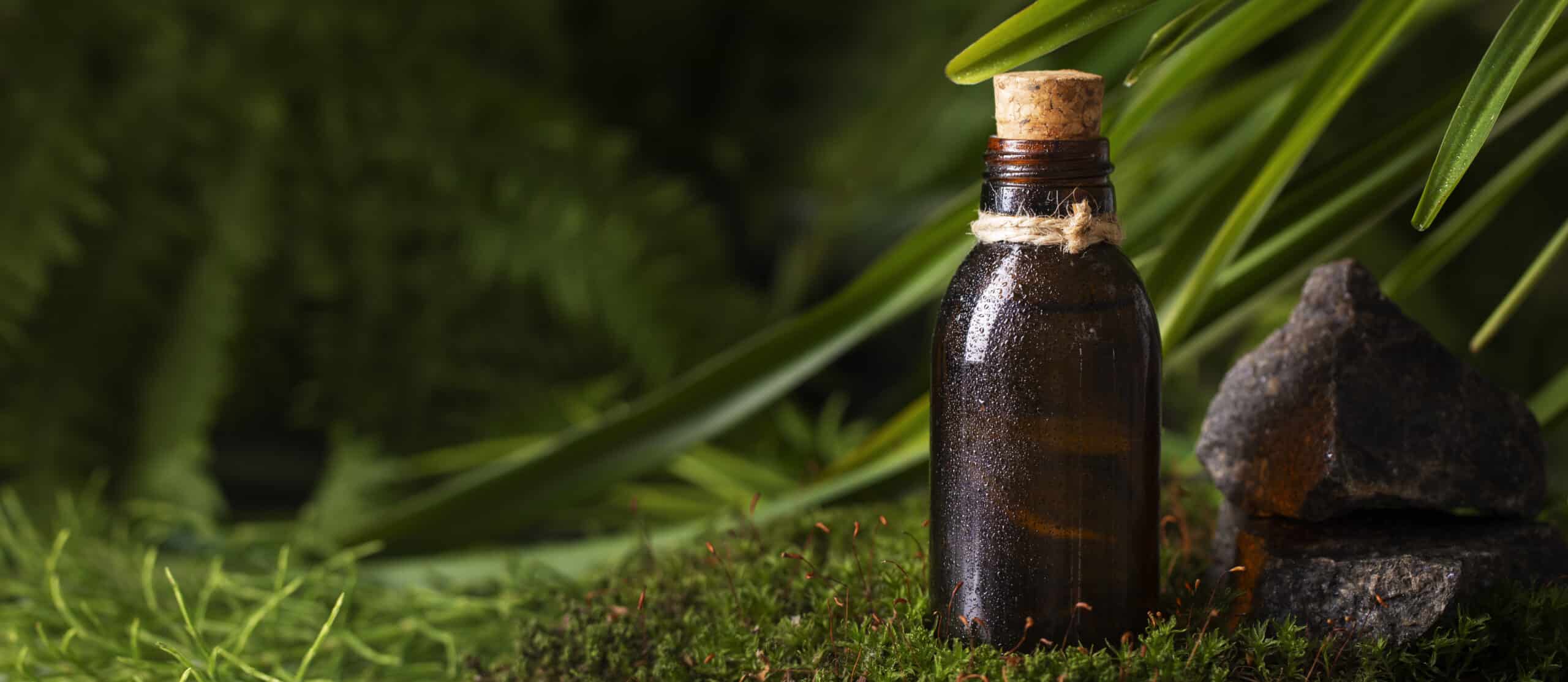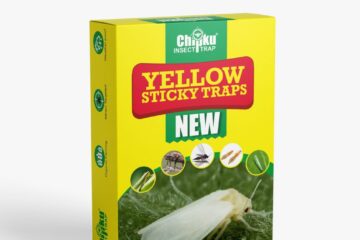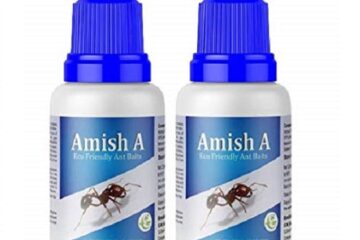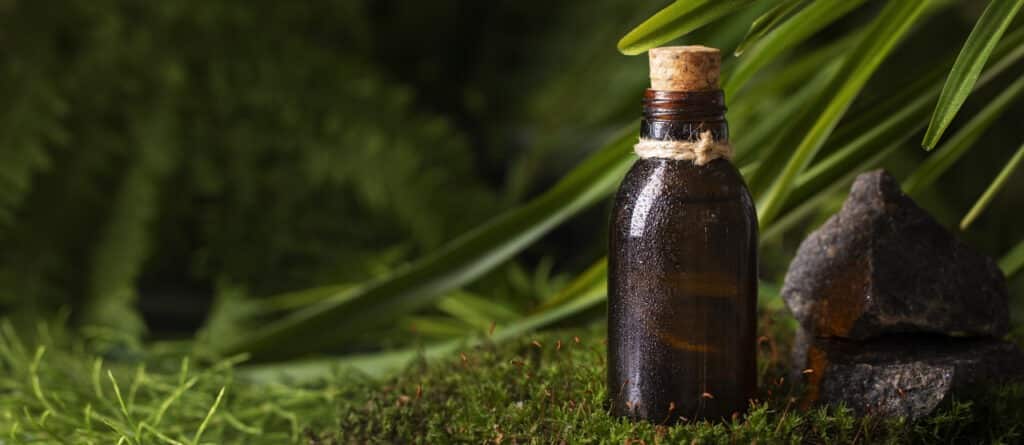
Neem Oil for Plants: The Complete Manual for Successful Organic Gardening. Neem oil is an essential gardening product if you’re an organic gardening enthusiast trying to keep pests and diseases away from your plants. This natural oil is made from neem (Azadirachta indica) seeds and has several advantages for your garden. We’ll go over all you need to know about neem oil for plants in this in-depth guide, including its advantages, how to apply it, and usage advice.
What is Neem Oil?
The seeds and fruits of the neem tree, which is indigenous to the Indian subcontinent, are used to make neem oil, a vegetable oil. Because of its numerous benefits, such as its insecticidal, fungicidal, and antibacterial qualities, it has been utilized for generations in traditional medicine and agriculture. The main ingredient in neem oil that has the ability to control pests is called azadirachtin.
Benefits of Using Neem Oil in Your Garden
- Organic Ways to Manage Pests
Among the many horticultural pests that neem oil effectively combats are aphids, whiteflies, spider mites, and caterpillars. It lowers pest populations without endangering beneficial insects like bees and butterflies by interfering with their feeding and reproductive cycles. - Properties of Fungicides
Neem oil is effective against rust, black spot, and powdery mildew, among other fungal illnesses. By applying regularly, you can stop these diseases from spreading and maintain the health and vibrancy of your plants. - Non-toxic and safe
In contrast to synthetic pesticides, neem oil poses no risk to people, pets, or wildlife. It is the perfect material for organic farming because it breaks down rapidly and leaves no toxic leftovers behind. - Enhances the Health of Soil
To assist control soil-dwelling pests and enhance the general health of the soil, neem oil can be applied as a soil drench. Additionally, it possesses nematicidal qualities that help suppress nematodes that damage plant roots. - Encourages the Growth of Plants
Neem oil has chemicals that can improve plant growth and vitality in addition to controlling pests. Plants treated with it may grow stronger and more resilient.
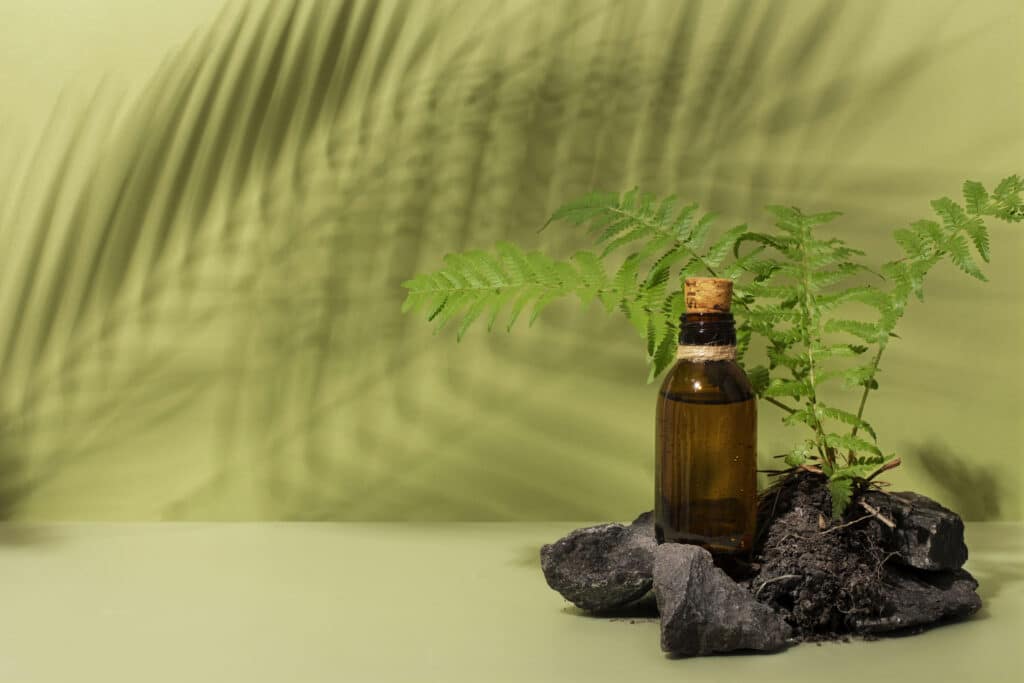
How to Use Neem Oil on Plants
- Diluting
Neem oil should be used by emulsifying it with water and a tiny bit of mild liquid soap. One teaspoon of liquid soap and one or two tablespoons of neem oil per gallon of water is a typical ratio. - Utilization
Pour the liquid into a spray bottle and mist all over the plant, paying particular attention to the undersides of the leaves, which are common hiding places for pests. For the best chance of preventing sunburn on leaves, spray in the early morning or late afternoon. - Regularity
Every 7–14 days, apply neem oil as a preventative strategy. Increase the frequency to once every seven days if you’re dealing with an active infestation until the issue goes away.
Tips for Effective Use
- To make sure there is no negative reaction, always test the neem oil solution on a small portion of the plant before applying it all at once.
- Applying pesticides and illnesses in a consistent manner is essential to their efficient management.
- Storage: To preserve its effectiveness, keep neem oil in a cool, dark place. When exposed to air and sunlight, it can deteriorate.
Conclusion
An effective, all-natural way to keep your garden flourishing and healthy is to use neem oil. It’s a great option for organic gardeners due to its safety profile and wide range of applications. Neem oil is a gardening success, whether you’re trying to keep diseases at bay or combat resistant pests. Accept this time-tested cure, and watch your garden thrive with little harm to the environment.
Click here for more information :- www.chipku.in
click here buy the product :-www.javikkhetimission.com

